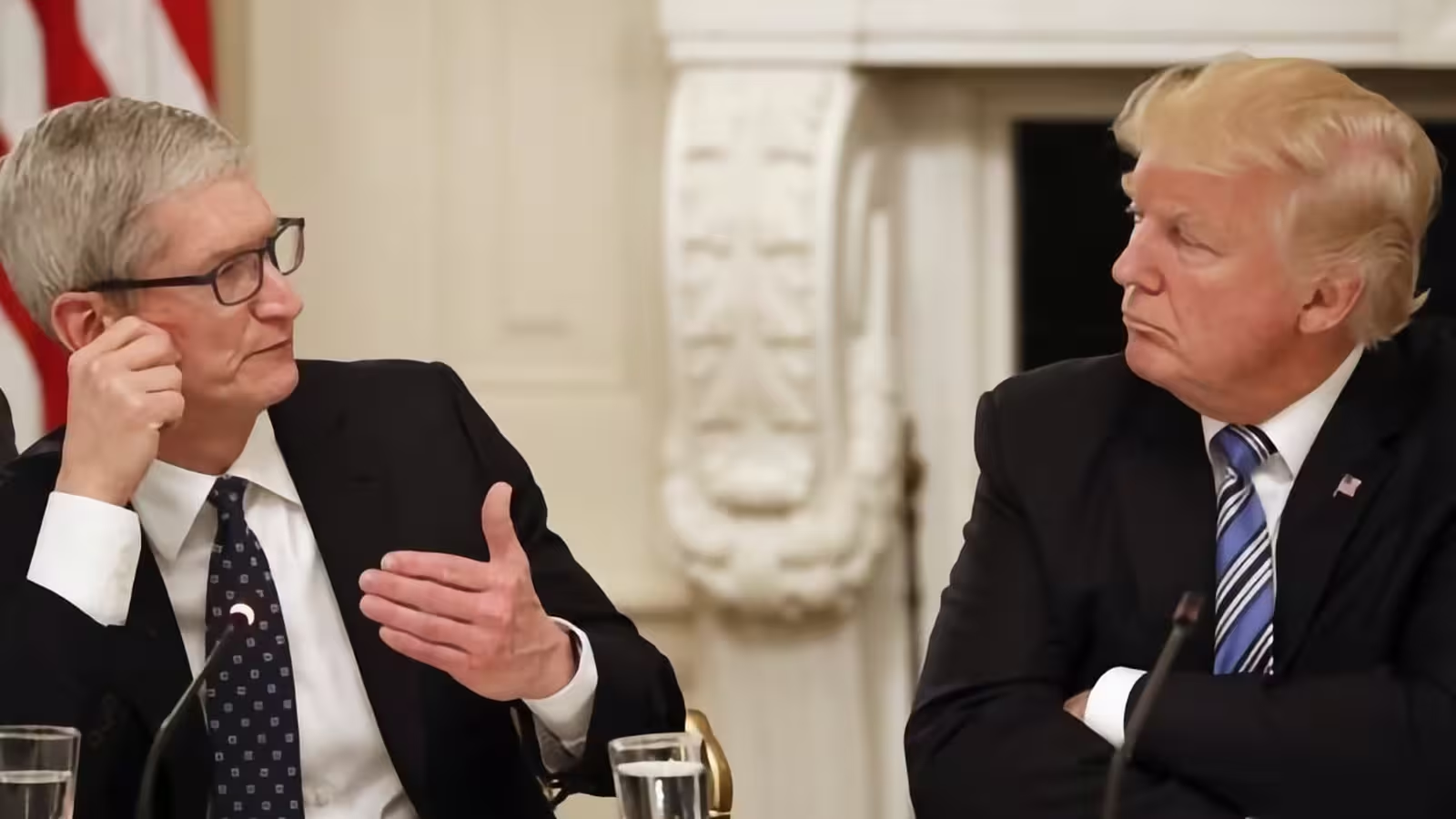3 Minutes
Apple Gains Strategic Advantage as U.S. Tariffs Target Semiconductor Imports
Apple has emerged as a major winner in the evolving U.S.-China tech trade dispute, obtaining an exemption from the recently announced 100% import tariffs on semiconductors. This exemption comes as a direct result of Apple’s substantial $100 billion commitment to domestic manufacturing, showcasing the company's ongoing efforts to bolster its U.S. presence.
Inside Apple’s $100 Billion U.S. Manufacturing Investment
After initial reports surfaced in early August, confirmations followed that Apple will allocate $100 billion toward expanding manufacturing capabilities in the United States. While specific new facilities or suppliers have yet to be disclosed, this investment ensures Apple avoids hefty tariffs imposed by the Trump administration on imported chips and semiconductors. The announcement was made alongside Apple CEO Tim Cook and former President Donald Trump, who emphasized that only companies demonstrating significant investment in U.S. manufacturing would qualify for tariff exemptions.
How the Tariff Exemption Shapes Apple's Supply Chain
For Apple, these tariffs have a relatively limited direct effect, as the tech giant imports comparatively few devices into the United States, with much of its assembly based overseas. However, critical components such as the advanced Face ID modules are already built with U.S.-sourced chips and assembled domestically, further aligning Apple’s supply chain with new policy requirements.
Market Implications and Competitive Advantages
This exemption gives Apple a distinct competitive advantage over other technology companies facing rising semiconductor costs due to the new tariffs. Apple’s forward-looking strategy strengthens its position in the U.S. market, helping to shield it from cost increases that could impact pricing of future devices. For consumers, this could mean greater price stability on flagship Apple products such as the iPhone and MacBook lines, despite industry-wide economic pressures.
Comparisons and Broader Industry Impact
Compared to rivals who may lack the capital to invest at scale, Apple’s move reinforces its dominance and commitment to American manufacturing, though analysts note that the announced $100 billion investment follows a pattern of previous capital allocations by Apple in the U.S. and global markets. While not directly tied to iPhone manufacturing, the investment is likely to support the broader Apple ecosystem, including component manufacturing and research initiatives.
Tim Cook’s Negotiation Strategy and the Road Ahead
This isn't the first time Apple’s leadership—particularly Tim Cook—has negotiated tariff exemptions through direct discussions with U.S. policy makers. Cook’s focused, issue-driven negotiations previously helped Apple avoid tariffs during the Trump administration’s earlier term. With the imminent arrival of the iPhone 17, industry watchers speculate on the long-term implications of such exemptions and whether similar strategies will benefit Apple in future policy shifts.
Use Cases and Future Market Relevance
For tech professionals and consumers, Apple’s approach ensures continued access to top-tier devices with minimized cost fluctuations. The move signals to global tech companies the increasing importance of integrating U.S.-based manufacturing to navigate complex tariff landscapes and remain competitive in the world’s largest technology market.
Source: appleinsider


Leave a Comment